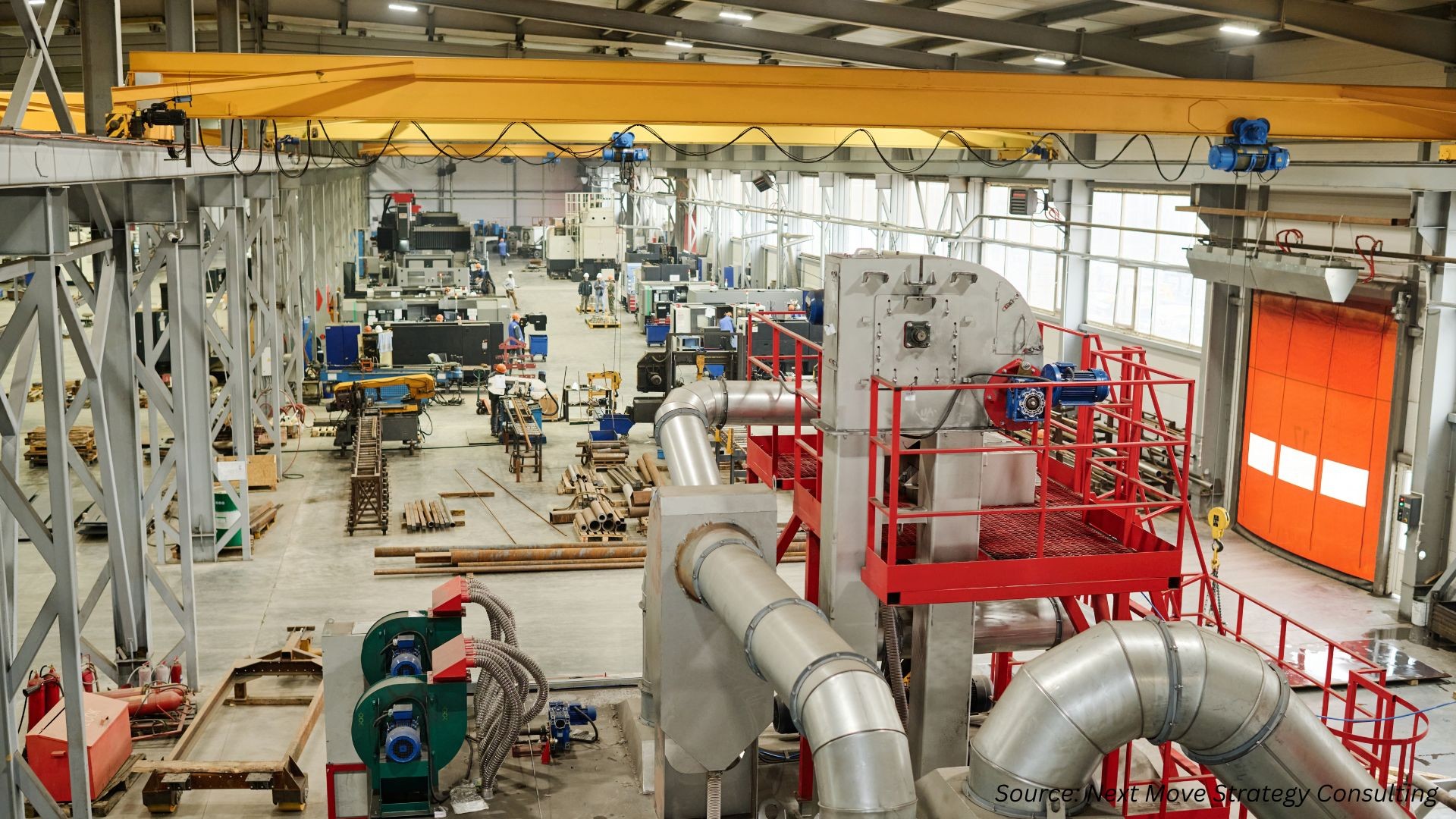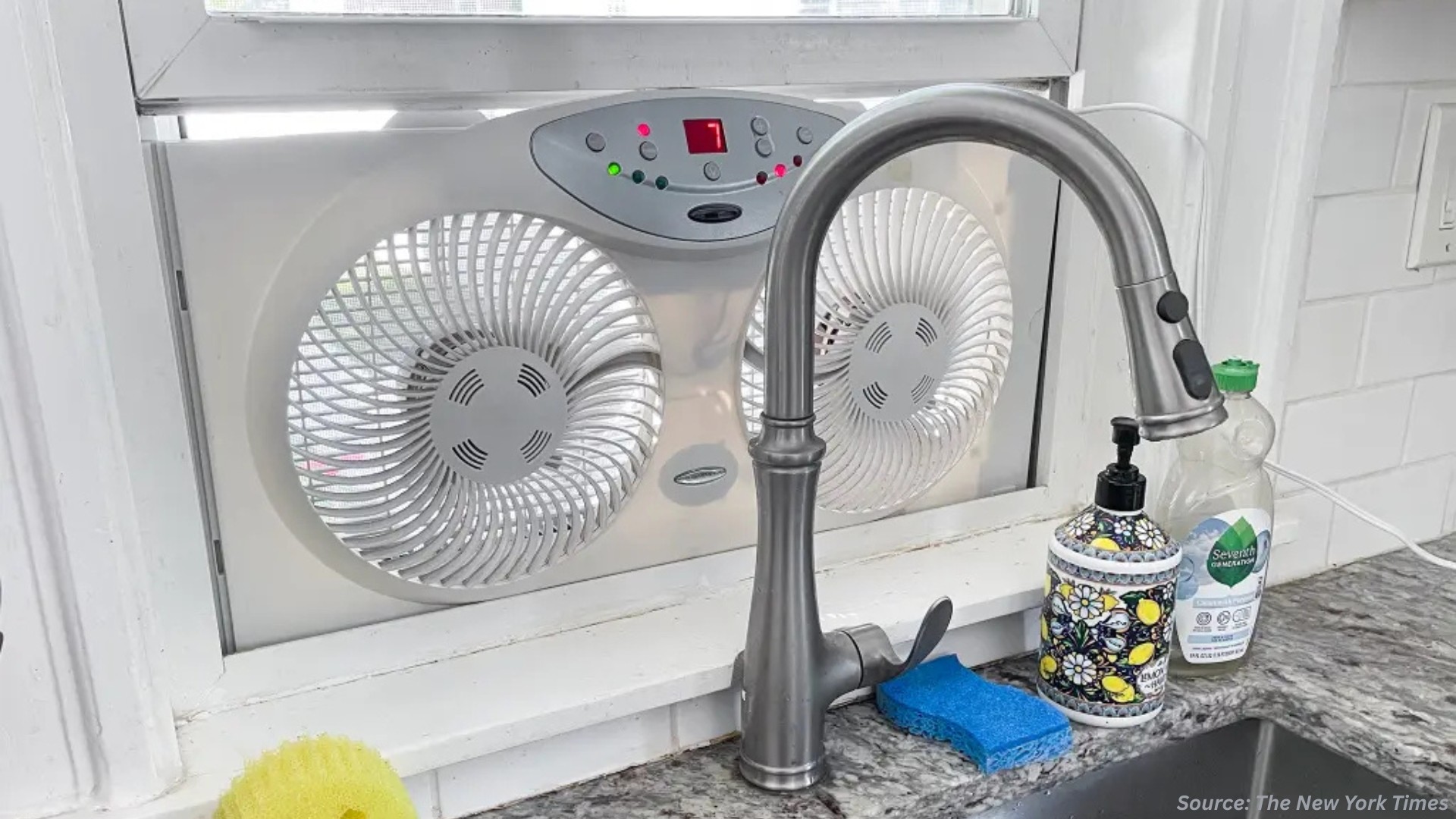HVAC Systems Market is expected to reach USD 332.17 billion by 2030
Published: 2025-10-14
Rising consumer awareness regarding air quality fuels the global HVAC systems market growth
According to the Next Move Strategy Consulting, the Global HVAC Systems Market is valued at USD 209.37 billion in 2023, and is expected to reach USD 332.17 billion by 2030, with a CAGR of 6.26% from 2024 to 2030.
The HVAC system market is experiencing a significant boost due to the growing demand for improved indoor and outdoor air quality. This surge in demand stems from heightened awareness among both residential and commercial property owners regarding the critical importance of air quality in maintaining healthy living and working environments. As a result, there is a notable uptick in investments towards HVAC systems capable of efficiently filtering and purifying indoor air while simultaneously minimizing outdoor emissions.
This shift in consumer preferences has led to an increased demand for advanced HVAC systems equipped with cutting-edge filtration technologies such as HEPA filters and UV-C light sterilization, which are designed to effectively eliminate pollutants, allergens, and pathogens from indoor air. Consequently, HVAC manufacturers are compelled to innovate and develop new solutions that prioritize air quality improvement, thereby driving the expansion of the HVAC system market.
Furthermore, this emphasis on air quality improvement is not only reshaping consumer preferences but also influencing regulatory standards and industry practices. Government regulations and initiatives aimed at promoting healthier indoor and outdoor environments are further propelling the adoption of advanced HVAC systems. As regulatory bodies implement stricter standards regarding air quality and emissions, property owners are increasingly seeking HVAC solutions that comply with these regulations while delivering optimal performance.
This evolving regulatory landscape, coupled with the growing consumer demand for healthier living and working spaces, is creating a favourable environment for the continued growth and development of the HVAC system market. As a result, manufacturers are continually investing in research and development to introduce innovative technologies and solutions that meet the evolving demands of consumers and regulatory requirements, thereby driving the overall expansion of the HVAC system market.
However, the global HVAC system market encounters challenges primarily due to the fluctuating prices of raw materials. Factors such as inflation and disruptions in the supply chain contribute to rising costs for essential raw materials suh as steel, copper, and aluminum. Consequently, this leads to increased production expenses for HVAC manufacturers. These escalating costs particularly affect small and mid-size HVAC manufacturers, putting pressure on their profitability and limiting investments in research and development, thereby restraining overall market growth.
On the other hand, the integration of Internet of Things (IoT) technology offers ample opportunities for the HVAC system market by enabling remote control capabilities, enhancing energy efficiency, and providing predictive maintenance solutions for HVAC systems. By incorporating IoT devices and sensors, users can remotely monitor and adjust settings, optimize energy usage, and proactively address maintenance issues. As the demand for smarter and more efficient buildings continues to rise, the adoption of IoT integration is expected to create significant opportunities in the HVAC system market.
Request for a Sample PDF on the HVAC Systems Market
According to the report, leading players in the HVAC systems market include Daikin Industries, Ltd., Carrier Global Corporation, Trane Technologies Plc, Johnson Controls International Plc, Midea Group Co., Ltd., Gree Electric Appliances, Inc., LG Electronics Inc., Mitsubishi Electric Corporation, Hitachi, Ltd. (Cooling And Heating), Panasonic Corporation, Fujitsu General Limited, Lennox International Inc., Rheem Manufacturing Company, Bosch Thermotechnology GmbH (Bosch Home Comfort), Haier Smart Home Co., Ltd., and others.
These market players are adopting strategies such as product launches and expansion across various regions to maintain their dominance in the HVAC systems market. For instance, in January 2024, LG Electronics unveiled its latest HVAC solutions at AHR Expo 2024 in South Africa. The product line includes R32 air-to-water heat pump and furnace, and Multi F heat pump, both designed for residential applications.
Moreover, in December 2023, Daikin established its air conditioning sales company in Cambodia as part of its business expansion strategy. The company is strengthening its business by setting up sales companies in different countries and enhancing its production facilities.
In addition, in September 2023, Midea launched an innovative anti-corrosion solution for air conditioners, specifically designed to enhance performance and reliability in coastal and tropical climates. The technology is integrated into two eco-friendly and energy-efficient Midea HVAC systems namely BreezelessE and PenroseAir.
Key Insights from the HVAC Systems Market Report:
-
The information related to key drivers, restraints, and opportunities and their impact on the HVAC systems market is provided in the report.
-
The value chain analysis in the market study provides a clear picture of the role of each stakeholder.
-
The market share of the global HVAC systems market players and their competitive analysis are provided in the report.
















Add Comment